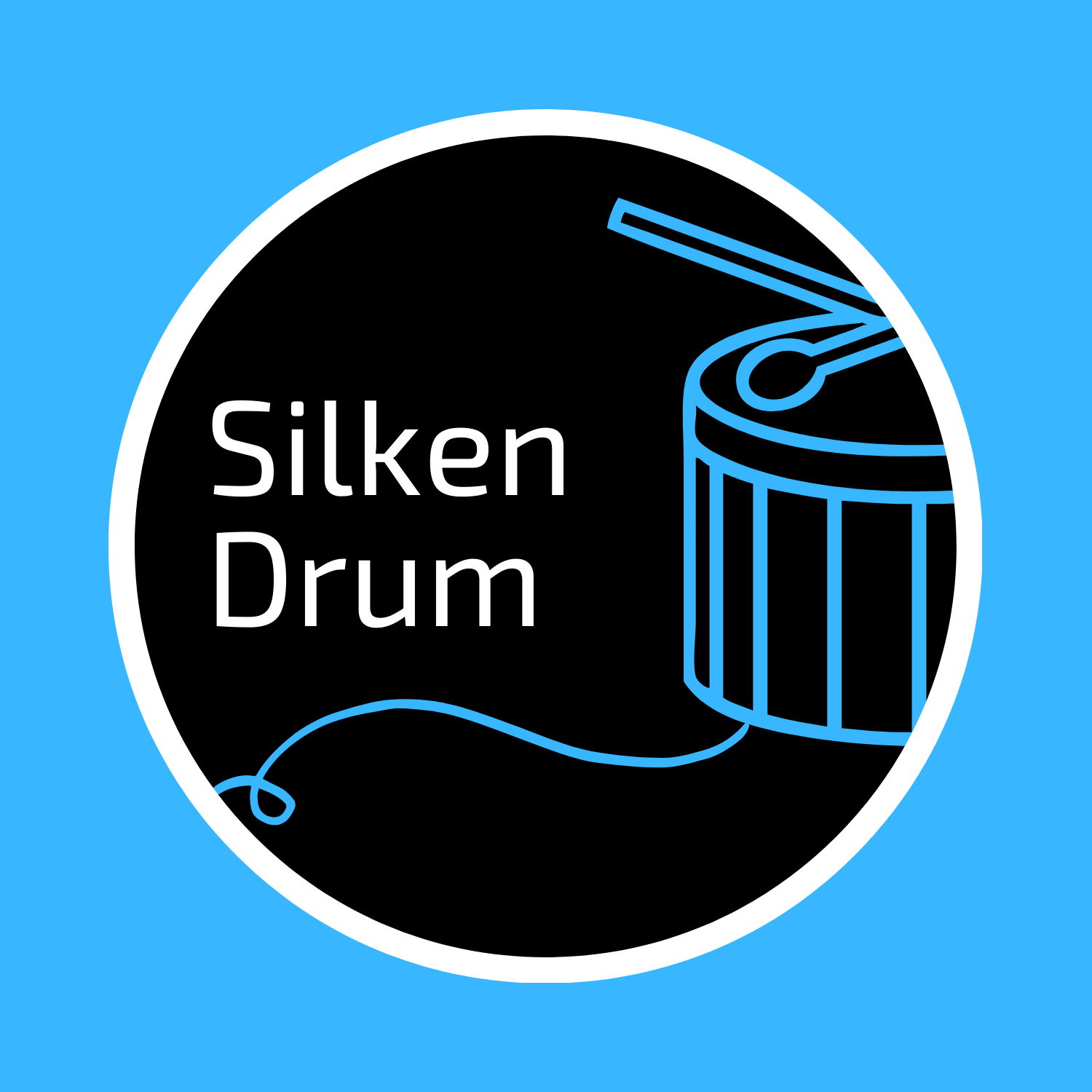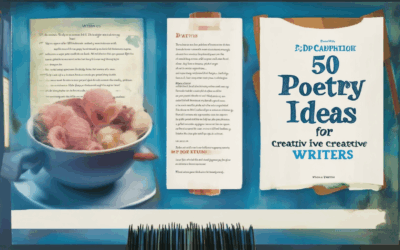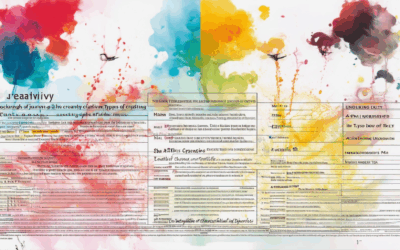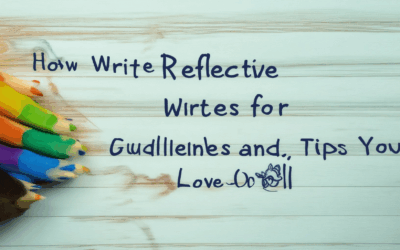Writing is often described as both a gift and a challenge, where the act of putting words on paper can sometimes feel like an uphill battle. For many, the creative writing process is fraught with obstacles—from staring at a blank page to grappling with writer’s block and finding the right direction for your narrative. Whether you’re a seasoned writer or just beginning, overcoming creative writing challenges is essential to unlocking your full potential. In this article, we’ll explore practical strategies, exercises, and prompts designed to help you overcome these hurdles and foster a productive writing routine. By mastering the 5 R’s of creative writing—Read, Reflect, Research, Respond, and Revise—you can develop a structured approach to crafting compelling stories, essays, and other forms of expression. From fun writing prompts for adults to creative exercises tailored for teenagers, this guide offers something for every writer, regardless of experience or background. Let’s dive into the world of creative writing and discover how to overcome your unique challenges, embracing the joy and fulfillment that comes with the written word.

What Are the Challenges of Creative Writing?
Creative writing presents numerous challenges that can hinder the creation of compelling narratives, poems, or other forms of expression. Understanding these challenges is essential for overcoming them and producing high-quality work.
Lack of Inspiration
One of the most common challenges is finding inspiration. Writers often face periods of stagnation where ideas seem scarce. To overcome this, many turn to research, exploration of new experiences, or studying the works of fellow creators. Silken Drum offers a supportive community where writers can find motivation and share their progress.
Editing and Revising
Creating a draft is only the beginning. Editing and revising are often more challenging than writing itself. Authors must critically analyze their work, identify flaws, and make tough decisions about pacing, character development, and plot direction. Tools like Grammarly and Hemingway Editor can assist in refining drafts effectively.
Market Competition
The publishing world is highly competitive. Standing out among established authors requires a unique voice and innovative storytelling. Platforms like Silken Drum provide opportunities for emerging writers to showcase their talents and gain visibility.
Balancing Creativity and Technique
Effective writing demands a blend of creativity and technical skill. While intuition drives initial ideas, mastering elements like dialogue, pacing, and descriptive language requires deliberate effort. Courses and workshops, such as those offered on Udemy, can help refine these techniques.
Overcoming Writer’s Block
Writer’s block is a persistent challenge that can paralyze even experienced writers. Techniques like journaling, setting daily word limits, or exploring new genres can help break through creative slumps. Silken Drum encourages members to experiment with diverse writing styles to overcome this barrier.
Developing a Unique Voice
Establishing a distinct personal style is crucial for recognition. This involves developing a consistent tone, perspective, and narrative style while staying true to individual vision. Reading works from various authors and studying their unique approaches can inspire personal growth as a writer.
Time Management and Commitment
Consistency is key to long-term success. Balancing writing projects with personal responsibilities can be challenging. Using tools like Trello or calendars helps manage deadlines and maintain momentum. Silken Drum’s community forums offer advice and support for managing time effectively.
Handling Feedback and Criticism
Receiving feedback can be daunting, especially when it’s negative. Constructive criticism, however, is invaluable for growth. Learning to take feedback gracefully and using it to improve is an essential skill. Engaging with peers on platforms like Silken Drum can provide valuable insights and encouragement.
Staying Motivated
Motivation fluctuates, and it’s easy to lose steam. Setting achievable goals, celebrating small victories, and surrounding oneself with supportive peers can sustain drive. Silken Drum’s motivational articles and events are designed to keep writers engaged and motivated.
Exploring New Genres and Formats
Experimenting with different genres and formats can open new creative avenues. However, it also requires learning new techniques and understanding audience expectations. Exploring these opportunities can lead to breakthroughs and fresh perspectives in writing.
Building a Strong Support System
A support network is vital for writers. Colleagues who understand the challenges of creativity can offer encouragement, feedback, and even collaborations. Joining communities like Silken Drum connects writers with like-minded individuals who share similar journeys.
Continuous Learning and Growth
Writing is a lifelong journey requiring constant learning. Staying informed about trends, techniques, and technologies ensures work remains relevant and engaging. Attending workshops, reading widely, and participating in writing groups contribute to ongoing development.
Embracing Failure as Part of the Process
Failure is inevitable in any creative endeavor. Embracing this reality allows writers to view setbacks as stepping stones rather than roadblocks. Learning from past mistakes and applying lessons to future projects fosters resilience and growth.
Managing Multiple Projects
Writers often juggle multiple projects, which can lead to burnout. Prioritizing tasks based on deadlines and personal interests helps maintain focus and productivity. Time management tools and self-care routines are essential for balancing these responsibilities.
Navigating the Business Side of Writing
For aspiring authors, understanding the business aspects of writing is equally important. This includes marketing, querying agents, and building a platform. Platforms like Silken Drum provide resources and guidance to help writers navigate this complex landscape.
Staying True to Personal Vision
Ultimately, staying true to one’s artistic vision is crucial. Pressure from markets, trends, and expectations can dilute authenticity. Trusting instincts and maintaining integrity ensures that work remains meaningful and impactful.
Conclusion
Overcoming the challenges of creative writing requires persistence, dedication, and a willingness to grow. By embracing these obstacles as opportunities, writers can develop their craft, find their voice, and connect with audiences in profound ways.
The 5 R’s of Creative Writing
Creative writing is a dynamic process that requires a unique blend of inspiration, discipline, and refinement. Below are the five essential principles, known as the “5 R’s,” that every writer should master to unlock their full potential:
- Representation: Reflect diverse perspectives and stories. Consider different voices, cultures, and experiences to create authentic narratives.
- Reflection: Analyze your work critically. Ask yourself questions like, “What does this piece say about me?” and “How can I make it better?
- Response: Engage with your audience. Understand their emotions and reactions to your work to build deeper connections.
- Research: Gather inspiration from various sources. Whether it’s historical facts, cultural references, or industry trends, thorough research enriches your writing.
- Revision: Refine your draft repeatedly. Edit for clarity, grammar, and style to ensure your work meets its highest possible standards.
By embracing these principles, writers can craft stories and messages that resonate deeply with readers. Remember, creativity is a journey, and mastering the 5 R’s is just the beginning of a lifelong learning process.

Creative Writing Questions
1. What is the central theme of your story?
2. What is the inciting incident that sets your plot in motion?
3. What is the most challenging part of your story to develop?
4. How does your protagonist’s backstory influence their actions?
5. What is the significance of the setting in your story?
6. How does the setting reflect the personality of your characters?
7. What is the climax of your story and how does it resolve?
8. How do you develop the conflict in your story?
9. What is the resolution of your story and how does it leave the reader?
10. How do you create tension in your narrative?
How do you develop your characters’ motivations?
What is the secret fear of your protagonist?
How does your secondary character contribute to the plot?
What is the last conversation your character had before the story begins?
How would your character react to an unexpected twist?
What is the character’s greatest triumph or failure?
How does the character’s past shape their present actions?
How does your point of view affect the story’s pacing?
Does your character know something the reader doesn’t?
How does changing the point of view enhance the story?
What is the character’s perspective on the story’s events?
How does the character’s internal monologue reveal their thoughts?
How does the character’s external behavior contrast with their internal thoughts?
What is the central theme of your story?
How does your story explore the concept of love?
What is the underlying message of your story?
How does your story symbolize a larger idea?
What is the recurring motif in your story?
How does your story critique society’s norms?
How do you balance description and dialogue in your writing?
What is your writing style and why?
How does your tone influence the reader’s emotions?
What is the purpose of your stylistic choices?
How does your use of imagery enhance the story?
What is the impact of your diction and vocabulary on the reader?

What Are the Challenges of Writing Effectively?
Writing effectively presents several challenges that can hinder the creation of clear, engaging, and impactful content. These challenges often stem from a lack of preparation, poor time management, or insufficient understanding of the audience’s needs. Below are some common obstacles faced by writers:
- Clarity and Organization :
- Struggling to articulate ideas coherently can lead to vague or confusing sentences.
- Difficulty in organizing thoughts into a logical structure makes it hard to convey messages effectively.
- Critical Thinking and Analysis :
- Inability to analyze complex topics thoroughly can result in incomplete or unsupported arguments.
- Failing to evaluate evidence or data critically leads to weak conclusions.
- Grammar and Syntax :
- Mistakes in grammar, punctuation, and sentence structure can undermine the professionalism of writing.
- Overuse of jargon or awkward phrasing can alienate readers.
- Time Management and Procrastination :
- Poor time management leads to rushed writing, reducing the quality of content.
- Procrastination can cause last-minute stress, leading to subpar performance.
- Audience Understanding :
- Writing content that is too technical or dense can confuse readers.
- Failure to adapt tone and style to the target audience can reduce engagement.
- Creative Block :
- Writers sometimes face periods of low creativity, making it difficult to generate ideas.
- This can lead to writer’s block, halting progress on projects.
To overcome these challenges, it’s essential to develop a consistent writing routine, seek feedback from peers or mentors, and continuously improve through practice. Silken Drum encourages writers to explore creative expression and foster meaningful connections through well-crafted words, offering a supportive platform for growth and innovation.
For further exploration of writing techniques and inspiration, visit our resources section or explore the latest articles on Silken Drum .
Three Challenges in Writing
Writing is a rewarding yet challenging endeavor that many struggle with. Here are three primary challenges that writers often face:
- Fear of Failure : Many writers fear that their work may not meet expectations or may receive negative feedback. This fear can paralyze creativity and prevent writers from producing their best work.
- Perfectionism : Striving for excellence is commendable, but it can lead to analysis paralysis. Writers might get stuck trying to perfect every detail, leading to endless revisions and little progress.
- Writer’s Block : This is a common challenge where writers struggle to find inspiration or overcome a creative slump, leaving drafts unfinished.
Overcoming these challenges requires a combination of practice, mindset shifts, and seeking support from communities like Silken Drum. Join our platform to connect with fellow writers, share ideas, and gain motivation to keep creating. Explore our resources and forums to learn more about mastering the art of writing.
Visit our website to discover more tools and techniques for improving your writing skills. Don’t hesitate to reach out to our community for advice and encouragement!

The Biggest Obstacles in Writing
Writing can be a challenging endeavor, and many writers face various obstacles that hinder their progress. Understanding these challenges and learning how to overcome them can significantly improve your writing skills and productivity.
1. Lack of Inspiration or Ideas
One of the most common obstacles is the inability to find inspiration or ideas. Writer’s block can strike at the most inconvenient times, leaving you feeling stuck and unsure of what to write next. To overcome this, try:
- Exploring new topics or subjects that interest you.
- Researching your chosen topic thoroughly to gather inspiration.
- Setting aside time daily to brainstorm ideas or journal thoughts.
- Using writing prompts or exercises to spark creativity.
Additionally, staying informed about current trends and developments in your niche can help reignite your passion for writing. Learn more about Silken Drum ‘s resources for writers.
2. Editing Paralysis
Once you’ve written something, the thought of revising or editing it can feel overwhelming. This condition, often referred to as “editorial anxiety,” can prevent you from publishing your work. To manage this effectively:
- Set specific goals for your edits, such as focusing on grammar or clarity first.
- Use tools and software to streamline the editing process.
- Ask for feedback from trusted peers or mentors before finalizing your work.
- Remember that revisions are a normal part of the writing process.
By breaking the editing task into smaller, manageable steps, you can reduce feelings of overwhelm and make steady progress toward completing your work.
3. Writer’s Block
Writer’s block occurs when you struggle to generate new content despite having plenty of ideas. This can happen due to burnout, lack of motivation, or uninspiring environments. To combat writer’s block:
- Take regular breaks during long writing sessions.
- Engage in activities that refresh your mind, such as exercise or meditation.
- Change your surroundings to stimulate your senses.
- Start with short, freewriting exercises to get the creative juices flowing.
Remember, even the most experienced writers face writer’s block, so it’s important to approach it with patience and persistence.
4. Difficulty Knowing Your Audience
Understanding who your target audience is can be tricky, especially if you’re writing on a broad topic. This uncertainty can lead to writing content that doesn’t resonate with anyone. To clarify your audience:
- Study demographics and psychographics of your niche.
- Engage with your audience through surveys or social media interactions.
- Analyze successful content that appeals to your target market.
- Use analytics tools to track engagement and adjust accordingly.
By investing time into understanding your audience, you can tailor your writing style and content to better meet their needs and preferences.
5. Fear of Criticism or Rejection
Fear of criticism can paralyze writers, preventing them from sharing their work with others. This fear can stem from past experiences or a concern about others’ opinions. To overcome this:
- Understand that criticism is a part of the writing process and can lead to growth.
- Write for yourself first, without worrying about others’ reactions.
- Seek supportive communities where constructive feedback is encouraged.
- Become thick-skinned and recognize that not everyone will appreciate your work.
Remember, great writers often face rejection, but it’s through perseverance that they refine their craft and connect with their audience.
Conclusion
Overcoming these obstacles requires a combination of strategy, practice, and resilience. By identifying your personal challenges and implementing effective techniques, you can unlock your full potential as a writer. Join Silken Drum today and connect with a community of passionate writers who understand the joys and struggles of the craft.




0 Comments